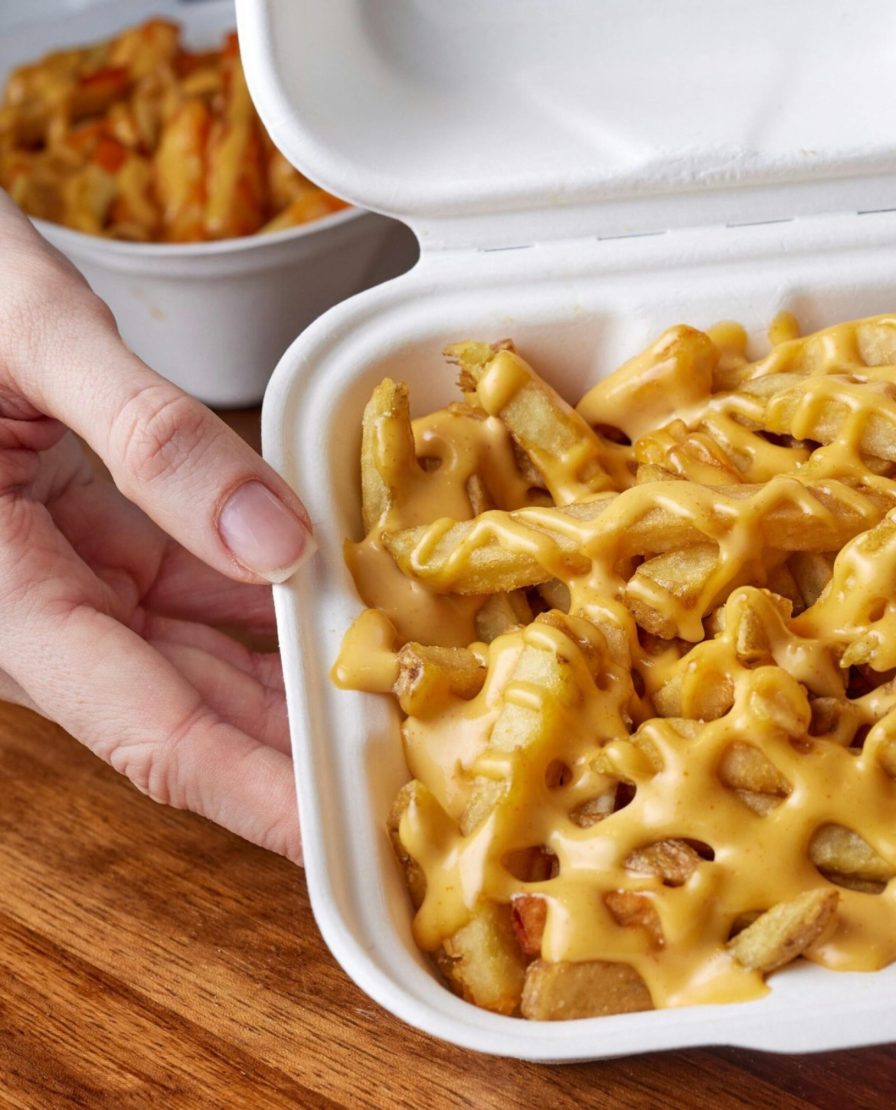Introduction
Cholesterol is essential for various bodily functions, but an imbalance—especially high LDL (bad) cholesterol and low HDL (good) cholesterol—can increase the risk of heart disease. While medications can help, simple lifestyle modifications can naturally regulate cholesterol levels and support heart health.
By making small but effective changes, you can achieve better cholesterol control without relying solely on medication. Let’s explore five powerful lifestyle shifts that can help you maintain a healthy heart and balanced cholesterol levels.
1. Adopt a Heart-Friendly Diet
🍗 Your diet directly influences your cholesterol levels
✔ Increase Soluble Fiber – Foods like oats, flaxseeds, lentils, apples, and carrots help lower LDL by reducing its absorption.
✔ Incorporate Healthy Fats – Swap saturated and trans fats for monounsaturated and polyunsaturated fats found in avocados, nuts, olive oil, and seeds.
✔ Consume Omega-3 Fatty Acids – Found in walnuts, flaxseeds, and chia seeds, omega-3s help boost HDL and reduce inflammation.
✔ Limit Refined Carbs & Sugar – Excess sugar and processed foods can lead to higher triglycerides, affecting cholesterol balance.
💡 Tip: Replace white rice with quinoa or brown rice and opt for homemade snacks like roasted almonds instead of processed chips.
Read More: How a Balanced Diet Supports Heart Health
2. Stay Physically Active
🏃️ Regular exercise enhances cholesterol levels
✔ Increases HDL (Good) Cholesterol – Activities like walking, jogging, or cycling naturally raise HDL levels.
✔ Reduces LDL (Bad) Cholesterol – Physical activity helps break down LDL cholesterol, preventing plaque buildup in arteries.
✔ Aids in Weight Management – Maintaining a healthy weight contributes to improved cholesterol levels.
Recommended Routine:
🔹 Aim for 150 minutes of moderate exercise (brisk walking, swimming) per week OR
🔹 75 minutes of vigorous activity (running, HIIT workouts) per week
💡 Tip: Try 10-minute workout breaks during the day if you have a busy schedule.
3. Maintain a Healthy Weight
⚖️ Losing even a few pounds can positively impact cholesterol levels
✔ Excess belly fat is linked to higher LDL cholesterol, so reducing weight around the abdomen can improve lipid profiles.
✔ Weight loss enhances HDL levels, helping remove excess cholesterol from the bloodstream.
✔ Practice Portion Control – Eating smaller meals with balanced nutrients can prevent overeating and aid weight loss.
💡 Tip: Use a smaller plate to naturally reduce portion sizes without feeling deprived.
Related: Best Foods for Weight Management
4. Quit Smoking & Cut Down on Alcohol
🚬 Tobacco and alcohol can negatively affect cholesterol levels
✔ Smoking lowers HDL (good) cholesterol, making it harder to remove LDL from the body.
✔ Quitting smoking improves circulation and heart health within weeks.
✔ Excess alcohol raises triglycerides, increasing the risk of heart disease. Moderate consumption of red wine (1 glass per day) may have some benefits, but overconsumption is harmful.
💡 Tip: If quitting smoking is challenging, try gradual reduction, nicotine alternatives, or seek professional guidance.
5. Prioritize Stress Management & Quality Sleep
🛌 Chronic stress and poor sleep can contribute to high cholesterol
✔ Elevated stress leads to hormonal imbalances, which can trigger unhealthy eating habits and high LDL cholesterol.
✔ Lack of sleep disrupts metabolism, leading to weight gain and cholesterol fluctuations.
✔ Relaxation Techniques Help – Incorporate meditation, deep breathing, yoga, or short daily walks to reduce stress levels.
💡 Tip: Aim for 7–9 hours of quality sleep and establish a consistent bedtime routine.
Conclusion
Improving cholesterol levels naturally doesn’t require drastic changes—small, consistent steps can make a significant difference. By eating a balanced diet, staying active, maintaining a healthy weight, avoiding smoking/alcohol, and managing stress, you can enhance your heart health and keep cholesterol in check.
❤️ Start today and take control of your heart health for a healthier future!









